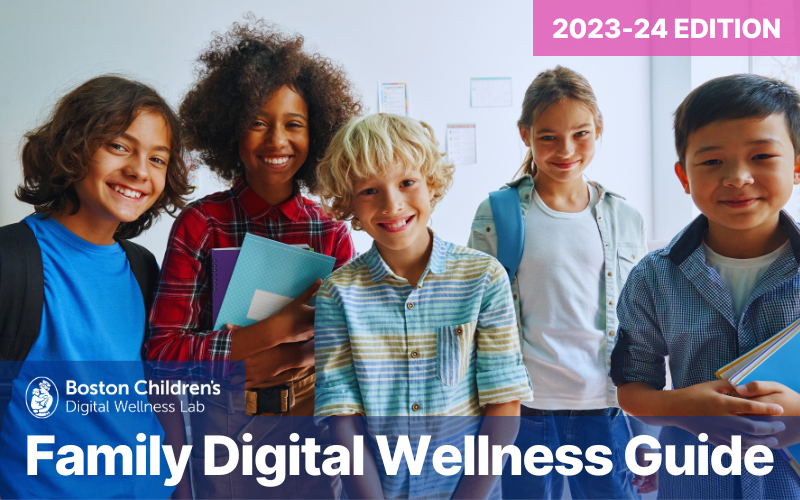It can be incredibly upsetting to see inappropriate content — such as drug or alcohol use, hateful language, or sexually explicit photos — on your child’s social media. While it’s common for teens to test identities and boundaries in this way, it needs to be addressed by a trusted adult in a timely manner.
Find a quiet, calm space to have an open conversation.
- Ask your child to put away their phone (you should put your own away as well). Share that you want to talk about something important.
Address the content openly and calmly.
- “I was on Facebook this morning and saw a comment on your page that made me feel really upset. Language like that can be incredibly hurtful to other people and I wanted to ask you why you wrote that. Did you get the responses you were expecting?”
- “Scrolling through Instagram last night I saw a photo that made me feel really uncomfortable. I worry about how sharing photos of yourself like that can make them available to people who you don’t know or who might want to hurt you. Can we talk about why you shared that and what you were hoping to get from it?”
- “I saw some comments on Twitter about the party you went to this past weekend and it made me feel worried about your safety. Let’s talk about how you were feeling when you made those decisions and how we can make a safety plan for next time you’re in that situation.”
Listen to your teen’s responses.
- Though you know the harms that could come from the content you saw, your teen may have had their own important reasons for posting what they did. Adolescents’ brains are still developing; consequently, teens are often present-focused, with less ability to consider future consequences.
Develop an action plan together.
- How will your teen address the problematic content? Make a decision together on whether the content will be deleted, hidden, edited, or otherwise. Determine how she will carry out this action and when.
- What are the consequences? Your family media use agreement should address the consequences for inappropriate sharing. If it doesn’t, ask your teen what he thinks the consequence should be. Keep in mind that over-restricting his media use in response to the action may drive his behavior out of your sight in the future, so it’s important to determine a consequence together that feels fair.
- How will your teen support anyone they wronged? If your teen posted hateful statements, bullied someone, or reposted inappropriate photos, there may be a person or a group of people who felt particularly targeted. Ask your child how they think others felt when they saw the content. Talk with your teen about how they might be able to repair the damage done.
- How will your teen make different choices in the future? Mistakes offer us invaluable learning opportunities and parents can help their teens to navigate errors in a way that enables them to improve in the future while maintaining open lines of communication.
- Ask your child what they learned from the experience.
- Share what you learned. “I didn’t realize how important it was at your school to drink at parties.”
- Make a specific plan for next time. “Next time there’s a challenge to share nude photos, we’ve agreed that you’re going to talk to me about it and we’ll decide how to respond together.”







